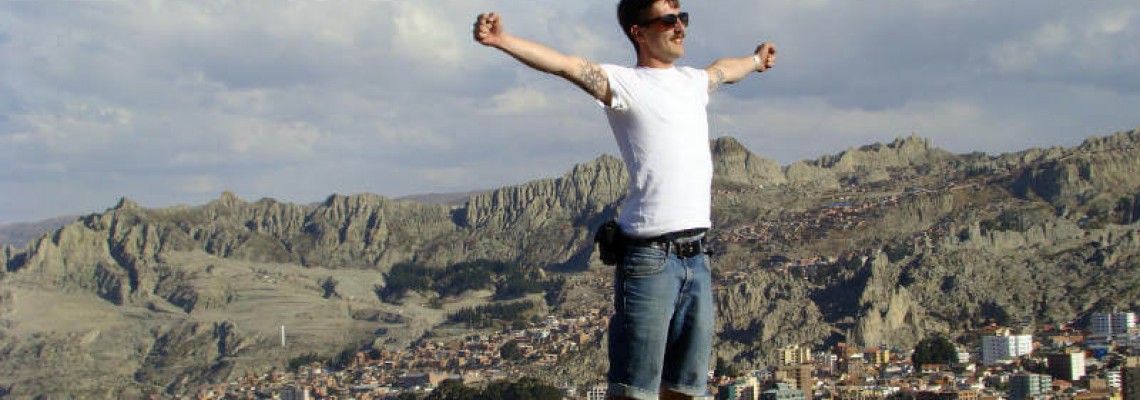
Whether if you are travelling to Sajama, taking a Salar de Uyuni tour or a La Paz Walking Tour, you have to consider you will be dealing with high altitude and you may face altitude sickness.
Altitude sickness (or “soroche” as it is known in Bolivia) is caused due to a lack of adaptation of the body to the heights. Generally, those who are accustomed to the flat or low heights begin to feel it at 2000 meters above sea level and, at a higher altitude, they are more likely to suffer the symptoms.
The more you ascend, the lower the atmospheric pressure and the pressure of oxygen, and thus the inspired oxygen is lower. That is when there is hypoxia or lack of oxygen in the blood.
But, of course, it is perfectly possible to deal with these conditions and not everyone suffers from it. Otherwise, no one would be living or willing to travel to a city with such an altitude like La Paz (an average of over 3500 meters), the highest capital in the World.
The best piece of advice during the first days is easy: have a rest, don’t rush it and take it easy. You can walk around but you will simply feel more tired than usual. Whenever you find stairs or a cliff, take it slow or try to avoid them, as well as the alcohol or cigarettes if you are a smoker. And Don’t overdo it and you will do it fine.
Another recommended tip is to take a “mate de coca” or a coca tea, prepared with the leaves of the coca plant. You can also buy some leaves and chew them. The coca leaf has many beneficial properties and uses (you can find the Coca Museum in La Paz explaining all of them), and can be of great help. An alternative to the coca leaf would be the “altitude sickness” pill (acetazolamide), which you can find in any pharmacy and buy with no need of a recipe. We recommend you talk to your doctor beforehand if you opt for this option.
If you are planning a demanding trek and you are afraid that the altitude sickness may affect you, you can always take a bottle with you. In case you are travelling with an elder or you feel like you are in need of oxygen, don’t worry as the airport and most hotels are equipped with oxygen bottles.
The altitude sickness is a condition that doesn’t affect to everyone and that in most cases will translate in mild nausea, headache or just fatigue. It is not something to panic about or as terrible as you may imagine, there are ways to avoid it and it shouldn’t impede you for travelling.
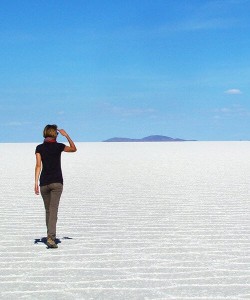

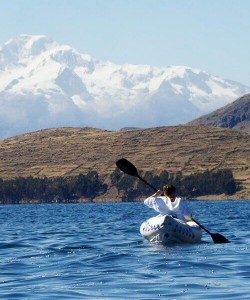
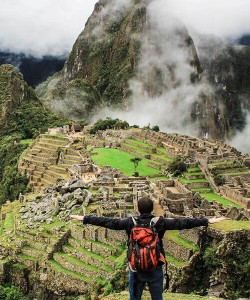
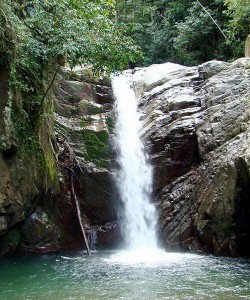




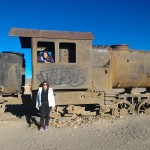
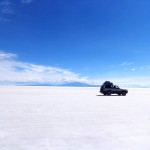
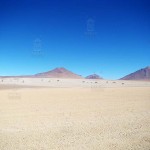
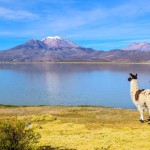
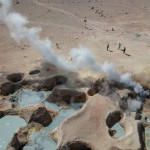
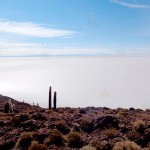
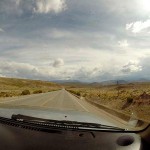
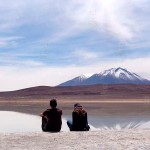
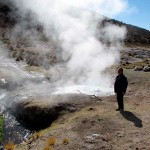
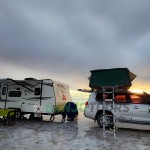




Leave a Comment